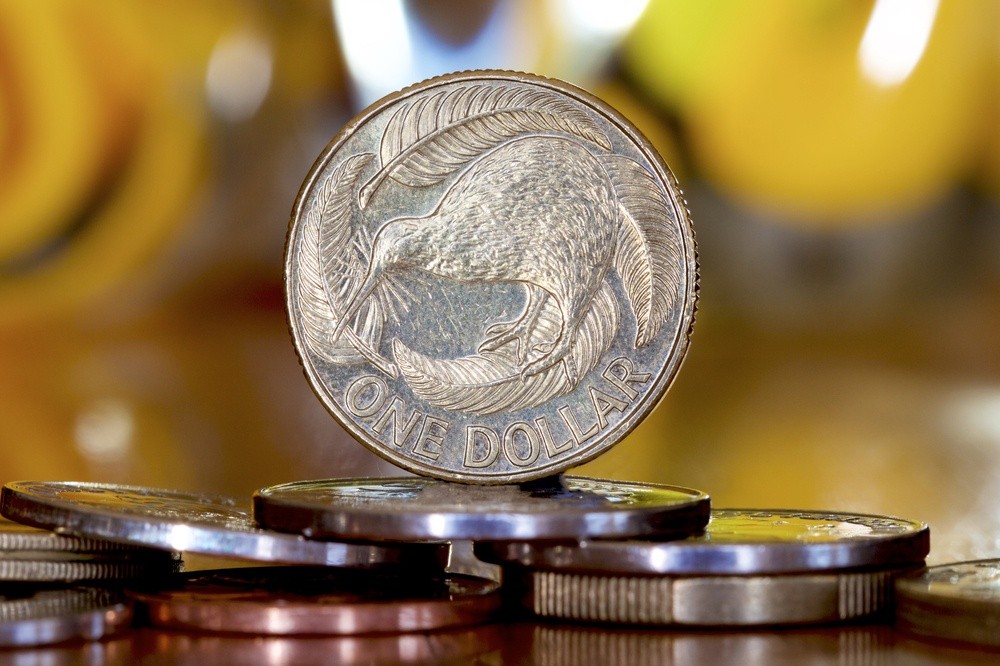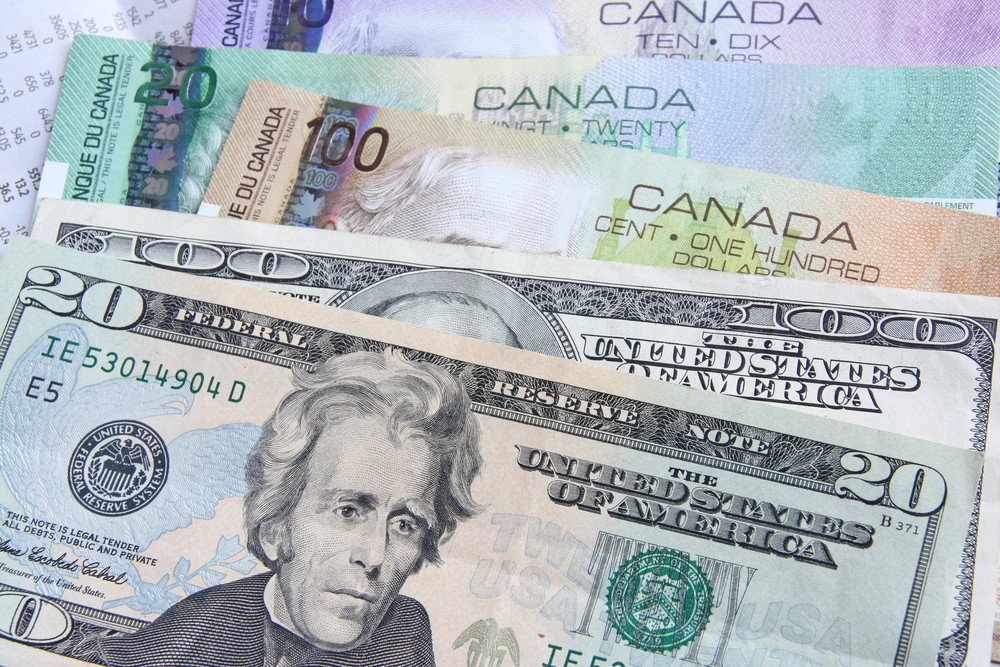The coronavirus pandemic changed the economy and many companies are struggling to avoid bankruptcy. Moreover, some countries such as Poland, Belgium, Denmark, and France decided to block companies linked to offshore tax havens from coronavirus bailouts.
It means that companies in the countries mentioned above won’t be able to receive money as part of the government-backed coronavirus bailouts. Governments around the world decided to spend billions of dollars to support the economy. However, companies liked to tax havens may find it hard to receive funding due to legal restrictions.
This month, Belgium became the fourth European Union country to introduce the legislation. The purpose of this law is to block pandemic relief measures to companies with a presence in tax havens. According to the law, adopted on May 7 any company related to tax havens won’t be able to receive money.
Interestingly, the European Union’s so-called “blacklist” identifies 12 countries that failed to meet the standard set by the union. However, none of the countries from that list are members of the EU. It makes sense, as block claims all member states fully comply with this standard on the open and fluid exchange on tax information. Moreover, members of the EU must comply with a higher level of scrutiny compared with other countries around the world.
Members of the EU can’t exclude companies from aid schemes registered in a different EU country. As a reminder, members of the block must comply with fundamental freedoms guaranteed by the EU Treaty. It means that countries must guarantee the free movement of capital as well as the free movement of persons.
Offshore tax havens and companies
Many companies around the world are trying to pay fewer taxes and to accomplish this goal, some of them decided to register in the British Virgin Islands and other places. The Tax Justice Network tracks corporate tax avoidance. According to chief executive Alex Cobham, the coronavirus pandemic underlined the severity of the problem.
In April, the Tax Justice Network published a five-step “bail or bailout” test. The purpose of this test is to determine whether governments should provide coronavirus bailouts to the companies.
According to the test, if one or more subsidiaries of the corporate group is listed on the Financial Secrecy Index, the government has the right not to provide financial aid.
There are other factors as well. For example, if the company participated in the financial scandals, the government should not help such companies. The network argues that if the company is unable to meet the requirements, the government of the country must either offer a conditional bailout until the company will meet all requirements or disqualify them.









COMMENTS